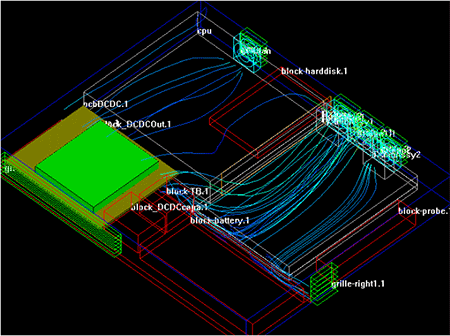- Product techniques
- Skived fin heat sink
- Friction stir welded heat sink
- Heat pipe thermal module
- Water cooler
- Applications and industries
- Cooling solutions for electric car controllers
- Wind power converter cooling solution
- PV inverter cooling solution
- Energy storage system cooling solution
-

Official account

Official website



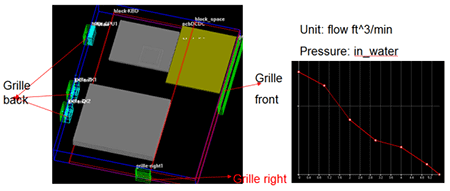
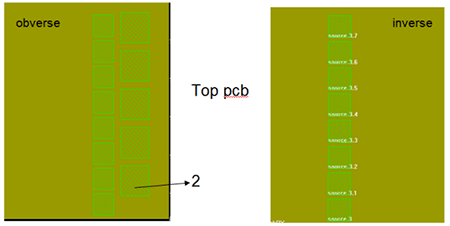
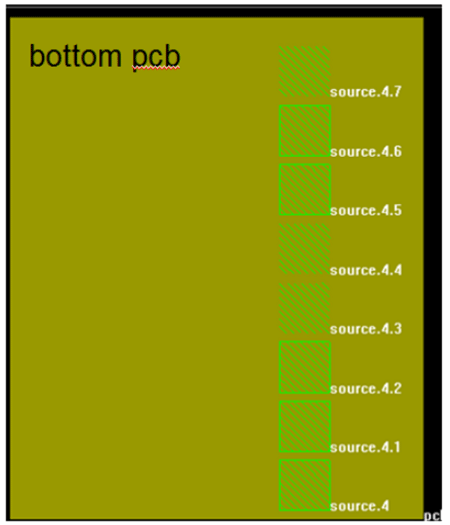
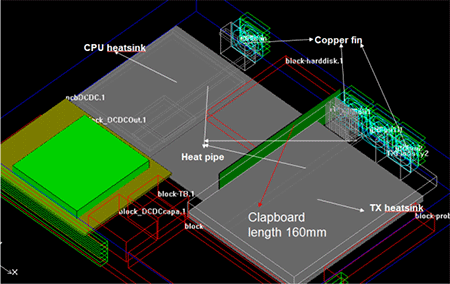
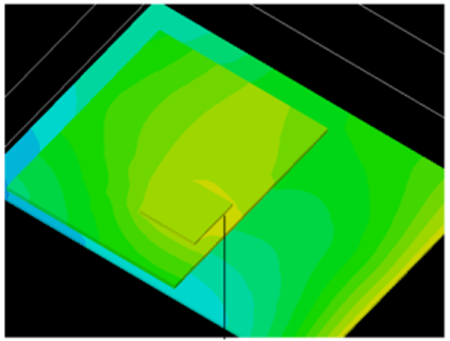
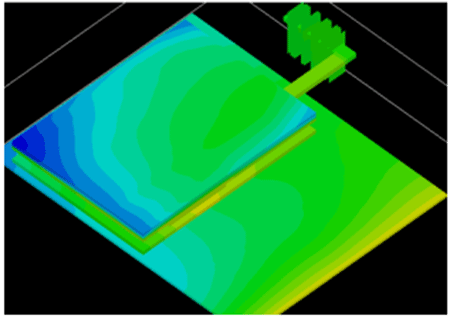


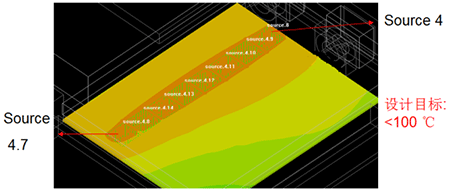
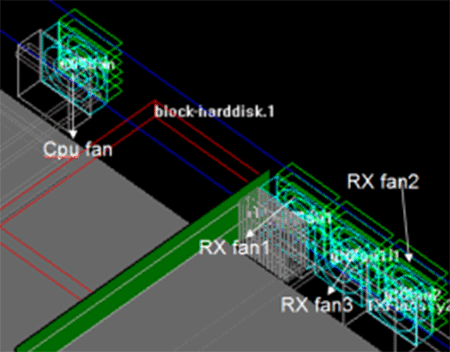 Fan operating point:
Fan operating point: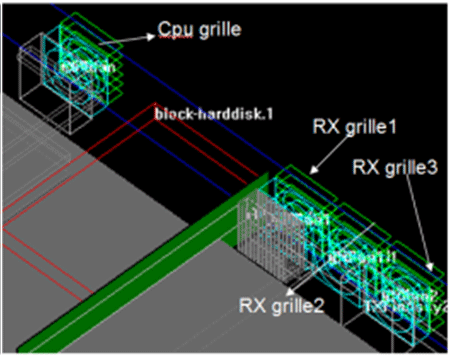 Air flow through fan grilles:
Air flow through fan grilles: